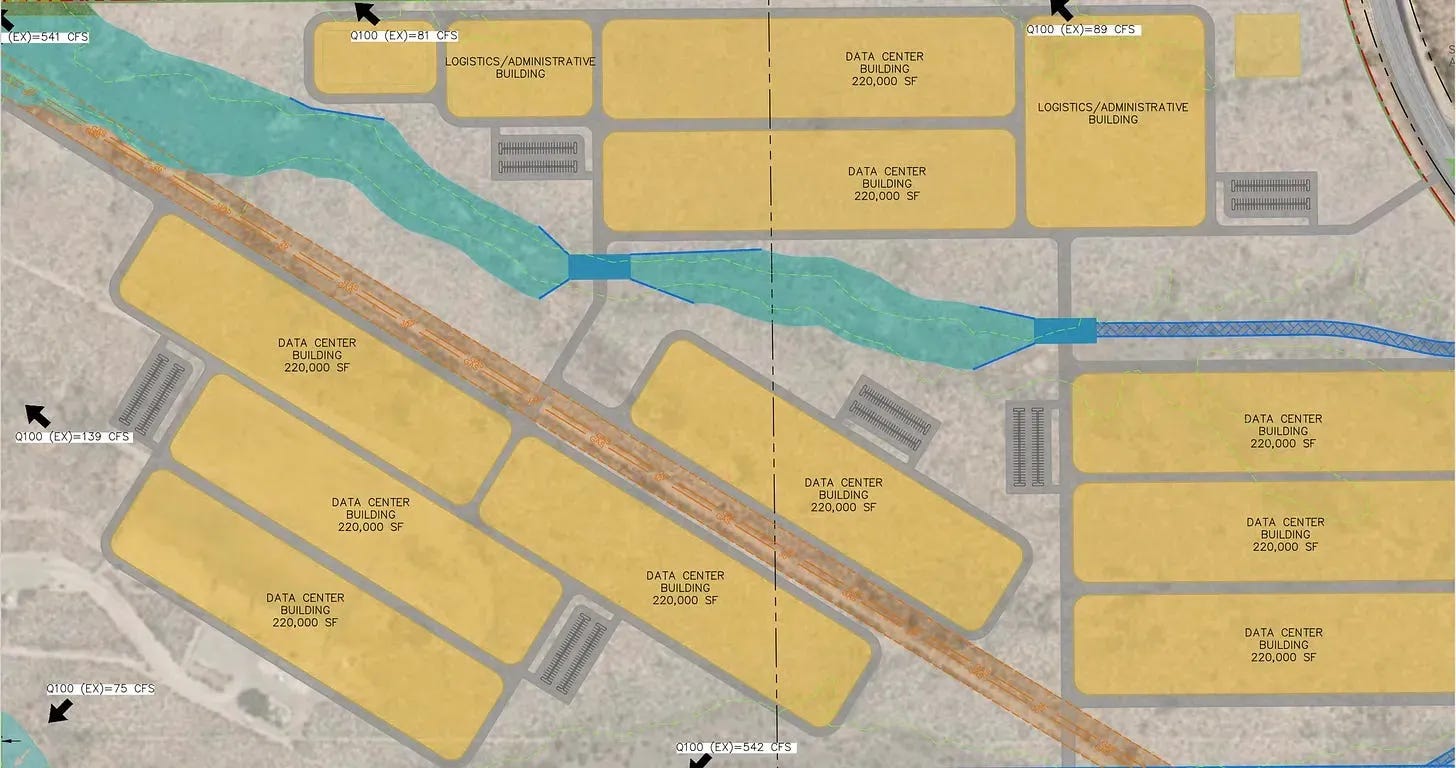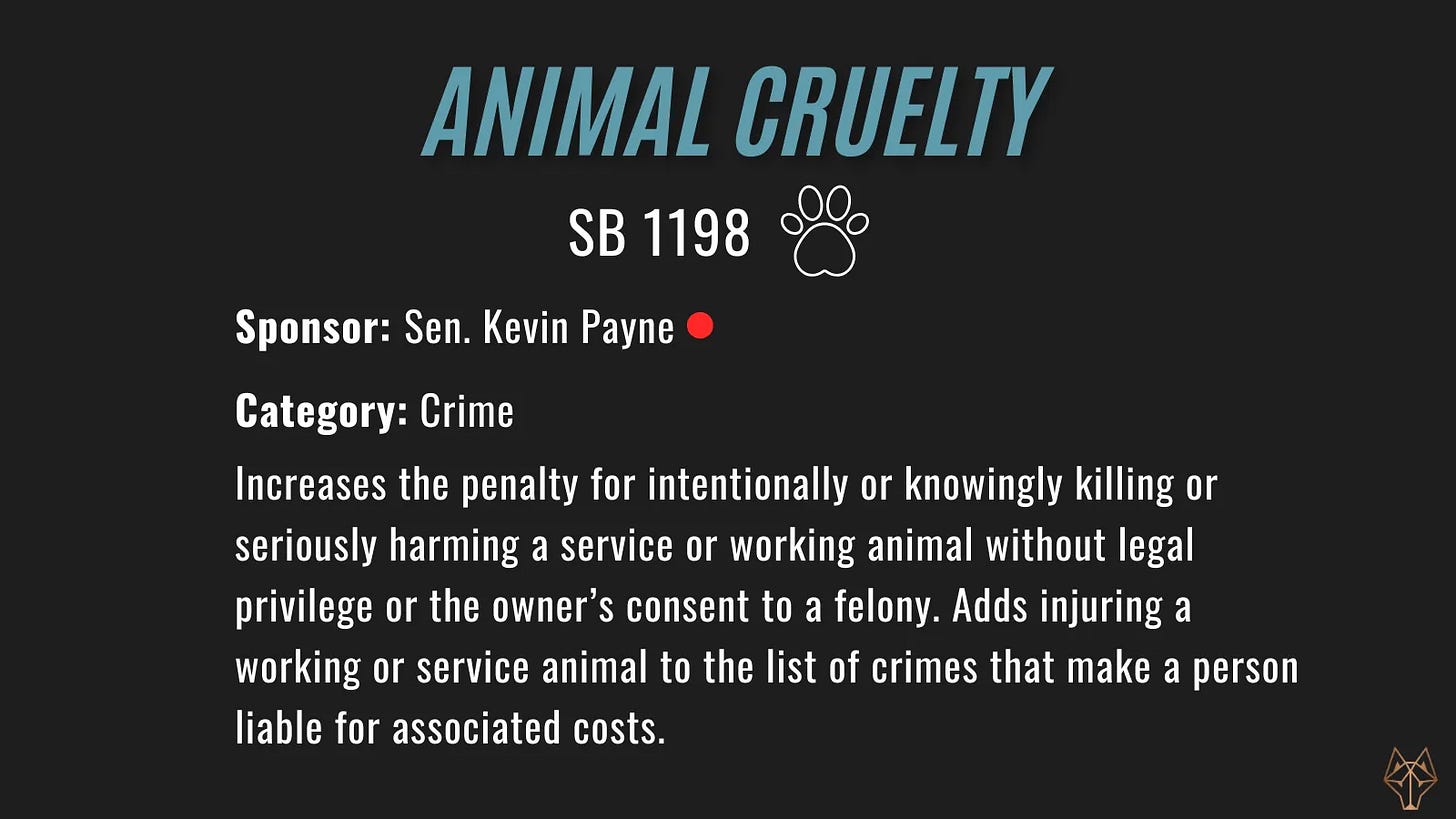Project Blue's contractual obligations
A contract is a contract ... Basketball > educators ... And he did get yelled at.
Pima County can’t or won’t — it remains unclear which — change course on its $20 million deal to sell 290 acres it owns near the fairgrounds to a developer tied to Project Blue.
At Tuesday’s Pima County Board of Supervisors meeting, Supervisor Matt Heinz tried to block his colleagues from going into executive session to again discuss the contract tied to the controversial proposed data centers.
Although his motion failed, Heinz may have spilled some tea when he said he didn’t want to discuss hiring an outside attorney to represent the county related to the sale contract with Humphrey’s Peak Properties LLC.

And while the supervisors held most of the discussion behind closed doors, we can draw some big conclusions from his motion:
The clause requiring that the city must annex the land to provide water service to the developer in order for the purchase-and-sale contract to move forward is not enforceable.
There is a legal memo from the County Attorney’s Office — likely tied to an executive session two weeks ago on the same subject — that says the county has to sell the land to a proxy for the world’s largest retailer or face legal repercussions.
At least two supervisors, Andrés Cano and Jennifer Allen, publicly oppose the sale of the land.
Project Blue developer Beale Infrastructure plans to build data centers on the parcel next to the fairgrounds.
Tucson Electric Power’s filing with the Arizona Corporation Commission reinforces that the developer likely intends to build data centers that cool their infrastructure without using water — but that use more electricity.
(Editor’s note: Beale Infrastructure contacted us after the story published - after the formally announced Project Blue 2.0 to state the data centers will not use more electricity overall than the first proposal.)
The secrecy surrounding the recent string of executive sessions on Project Blue and, to a lesser extent, the nondisclosure agreement between the county and Amazon Web Services (and its proxies Beale Infrastructure and Humphrey’s Peak Properties LLC) means we had to read between the lines a little.
During the meeting, several supervisors responded to comments made during the call to the audience, which allowed them to briefly discuss Project Blue.1
For his part, Heinz defended the need for data centers in Tucson.
Data centers play an integral role in the new economy, he argued, saying big businesses in Tucson rely on them.
“We have examples of this, like industries that will directly benefit from having proximity to this kind of processing power, including, but not limited to, Caterpillar, Mitsubishi, IBM, Roche Diagnostics and on Raytheon — 15,000 jobs right there — Bombardier, Ascent Aviation,” he said. “We need these institutions, these companies, to continue to thrive here and to expand here.”
Allen met those comments with skepticism.
“The research that I think we have seen is that indeed proximity is not relevant and that we are not hardwiring our businesses into any particular data centers. And so it's actually not relevant to the (site selection),” Allen said. “I would love to see some additional research on that question as to whether or not it actually does foster and sustain local business.”
Cano said the public also deserves to know more about what will happen to the county-owned parcel.
“We discussed this at our last executive session item with a plan with our attorneys to follow through on our next steps and to provide a statement to the public. That has not yet been provided, and that has meant that our public has been left in the dark,” Cano said.
Earlier in the week, Cano said the Tucson City Council’s rejection of Project Blue means the priority for the supervisors should be to “defend our water, and secure our energy future from an out-of-state corporation.”
The supervisors took no public action after the executive session.
And since all five elected officials continue to stand by their initial vote to sell the land, they likely gave no direction to hire an outside attorney to fight the contract.
Pima County insiders expect a Project Blue 2.0 announcement within days.
Public paychecks: University of Arizona men’s basketball coach Tommy Lloyd is the highest-paid public employee in Arizona, per the Republic’s updated annual salary database. He earns $4.9 million per year. Tucson City Manager Tim Thomure tops the city’s list, at $315,000 annually, while Pima County Administrator Jan Lesher is the highest-paid county employee, at $330,000.
We don’t need a database to know that’s a whole lot more than any local reporters are making. Upgrade today and help us inch our way up the pay scale.
Enough is enough: Two of Arizona’s former members of Congress, Gabby Giffords and Jeff Flake, co-wrote a USA Today op-ed condemning the “extreme voices” calling for war against Democrats, as well as the “radical individuals on the left celebrating the tragedy” of Charlie Kirk’s assassination. Giffords and Flake served together in Congress and sat together for the 2012 State of the Union address after Giffords was shot at a 2011 constituent event in Tucson.
“In a democracy like ours, we all disagree sometimes, and that’s a good thing. We often disagreed when we served together, and we often learned from it. But disagreements must never become death sentences – if that happens, all of us are at risk, and so is our democracy,” the duo wrote.
Policing Facebook: A Pima County librarian who posted “No thoughts. No prayers. I hope the gun is ok” on Facebook after Kirk’s assassination was moved to another branch for his safety, the Green Valley News’ Dan Shearer reports. The county HR department is reviewing whether his post violated any rules, and is also looking into social media posts made by a Public Defense Services employee.
A wall in the wild: Conservationists are trying to protect a critical wildlife corridor before the federal government builds a new stretch of border wall through the San Rafael Valley in southeastern Arizona, News21’s Lorenzo Gomez and Marissa Lindemann report. The conservation groups say the wall will block animals’ access to food, water and mates, while construction debris could smother aquatic wildlife.
New level of secrecy: About 500 people in Pima County got a blank property tax statement sent to their home by the Pima County Treasurer’s Office this month, the Tucson Sentinel’s Dylan Smith reports. The private company contracted by the county sent out the blanks to homeowners whose address are kept confidential from the public, leading to the error.
There are only nine days until most of the new 265 laws approved this year officially go on the books. And as we count down to Arizona’s annual “general effective date,” we’re telling you about a few of the more interesting bills you should be watching out for this year.
We’re also doing a series of webinars you can pop into to hear from your colleagues about how Skywolf, our legislative tracking software, can help your legislative workflow.
If you work for a state agency, join us this Thursday at 10 a.m. to see Skywolf in action and hear from a state agency about how it’s benefiting their public policy work.
If you’re a lobbyist or policy pro for a nonprofit or advocacy group, join us this Friday at 10 a.m. to hear from a lobbying pro about how they use Skywolf to stay on top of the madness at the Capitol.
On Thursday, September 25, we’ll show you a workflow designed specifically for policy professionals working at municipalities, and on Friday, September 26, we’ve got a webinar designed specifically for associations.
Anyone who has spoken at a call to the public knows the looming fear of being cut off mid-sentence by the polite beeps from the timing system.
But what if county supervisors had the same anxiety?
Supervisor Matt Heinz acknowledged on Tuesday that he could list a lot of local companies that use data centers, but felt the need to self-censor.
“I could read a list (of companies) for a few more minutes, but then I would get yelled at,” Heinz told his colleagues.
We were wondering who would yell at the supervisor, and then, as if on cue, an audience member briefly interrupted the meeting by loudly disagreeing with the two-term Democrat.
Generally speaking, elected officials cannot talk about issues not on the agenda. But they are allowed to respond to comments made during the call to the public.






Two comments: The businesses Matt Heinz mentioned are better described as national or multinational businesses than Tucson businesses. They are not rooted in Tucson and can and do move.
2. 'Tis ironic seeing so many of those who defended their hurtful past statements by declaring their right to free speech, now wanting to hurt or take down those they disagree with for stating their thoughts and feelings.
So Project Blue is coming back. Remember the old adage, 'follow the money?' So just who stands to financially gain the most with these proposed 'data centers' in Tucson? I have my suspicions, but I'd like to hear what Agenda reporters and other readers think.